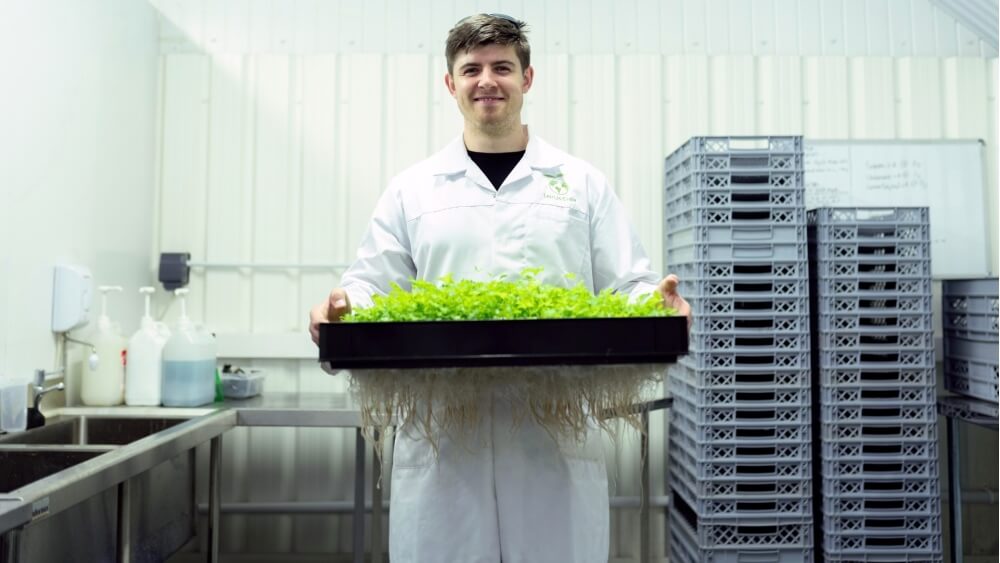Research shows 40 percent of the world’s most popular food brands have dedicated plant-based departments.
FAIRR, an international investment network based in London, published the findings in its report: Appetite for Disruption: A Second Serving. The study shows two in five major retail brands all have dedicated plant-based teams. These include companies like Kroger and Tesco—as well as manufacturers like Unilever and Nestlé.
It also found 47 percent of the retailers actively sell—or plan to sell—plant-based meat alternatives in the meat aisle.
Jeremy Coller, FAIRR’s founder, said the study is proof that big food companies “are vying for their slice of the plant-based pie.”
“They are drastically scaling-up and skilling-up their capacity to research and develop plant-based alternatives to meat and dairy. Tangible goals for a protein transition are being put in place,” he said in a release.
Plant-Based Proteins: A More Sustainable Choice?
The report explains companies are diversifying protein sources in order to combat climate change. Companies are now addressing the challenge of sustainably feeding the ever-growing population. This has led to an increased interest in plant-based proteins.
Terms like “vegan” and “plant-based” are now more mainstream and commonly used by companies. FAIRR’s study indicates that 72 percent of the 25 companies outlined in the report have used these terms in their “quarterly and annual reports to investors and other stakeholders.” This figure is an increase from the previous year, which stood at 64 percent.
Coller explained that 2020 is “a watershed year for the sustainable protein market.” He says the sector has received double the investment of the previous year in just six months.
In 2019, the plant-based protein market took off. Beyond Meat successfully went public with an IPO. Plant-based meats took over the fast-food industry. Burger King rolled out the Impossible Whopper in the US and the Rebel Whopper in Europe. And brands like Good Catch debuted plant-based seafood. This year, The Very Good Butchers became the second plant-based company to IPO.
This, Coller explained, is proof that food companies are using their infrastructure and innovativeness to “benefit from this seismic shift in the ways [people] shop and eat.”
“For the first time since the green revolution 60 years ago, which created factory farming, food technology presents a viable path forward to meet global demand for proteins more sustainably,” he added.


